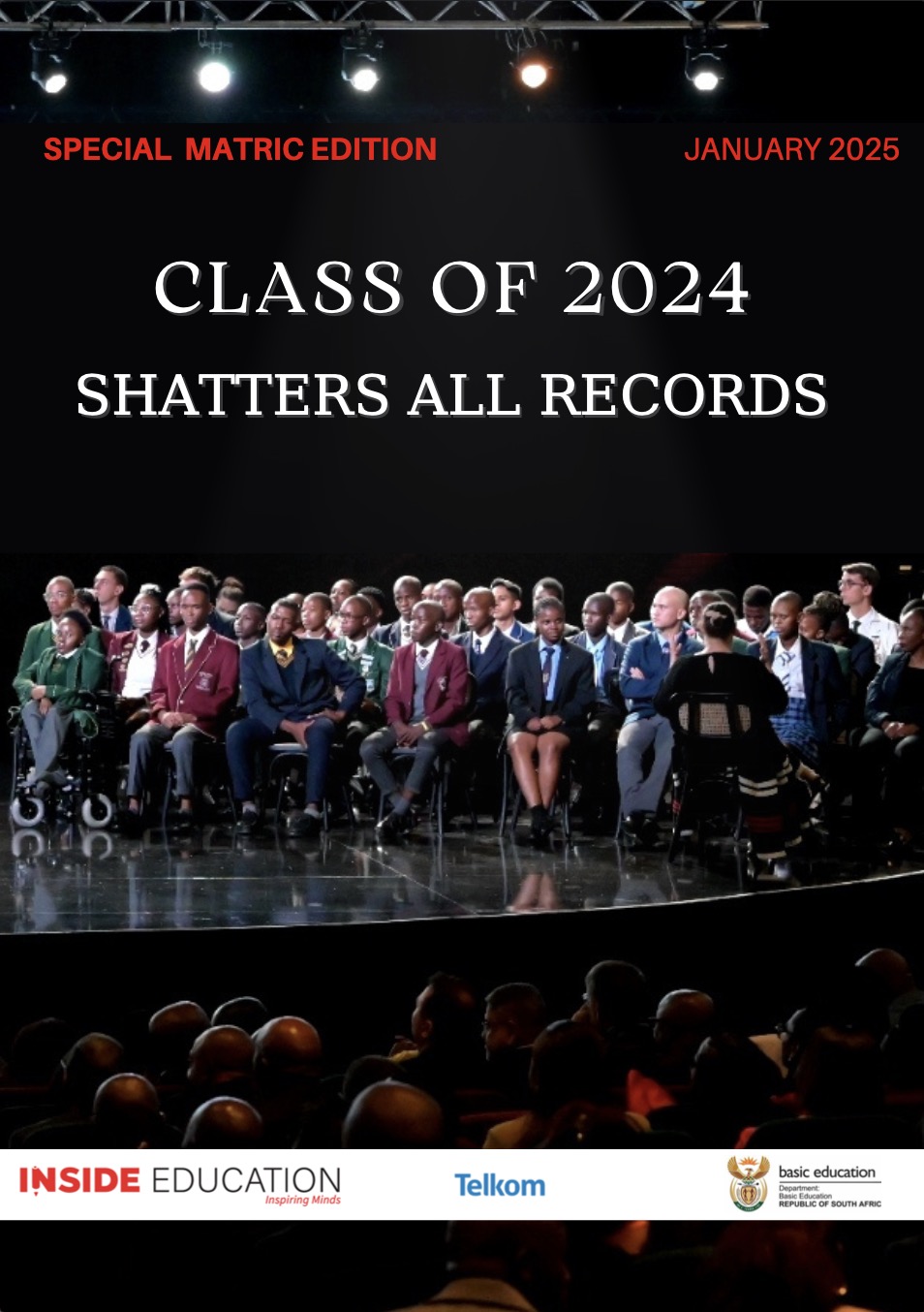The Competition Commission is calling on parents to sound the alarm if schools do not comply with the uniform guidelines issued by the Department of Basic Education (DBE).
This forms part of efforts to ensure school uniforms becomes more “reasonable and affordable” for parents.
The Commission said the Federation of Governing Bodies of South Africa – an association of largely public schools – as well as the Independent Schools of Southern Africa, has publicly pledged to comply with these guidelines.
“The success of the initiative to bring reasonable and affordable uniforms depends largely on involved and active patents. If governing bodies manage schools on behalf of their parents, it cannot be that parents must bear the brunt of expensive prices,” the Commission said.
In January 2017, the Commission opened an investigation into allegations of anti-competitive behaviour in the school uniform market as a response to complaints from parents and school uniform suppliers.
Sipho Ngwema, Head of Communications at the Competition Commission said the frequency of complaints from parents regarding the high price of uniforms spurred the organisation into action.
“We received complaints from parents about schools coercing them to buy from certain exclusively selected suppliers and at a very high cost,” he said.
The DBE uniform guidelines include:
– School uniforms should be as generic as possible, so that it is accessible
from as many suppliers as possible.
– Exclusivity should be limited to items that schools regard as necessary to
obtain from pre-selected suppliers, for example badges.
– Schools should follow a competitive bidding process when appointing
suppliers.
– Schools should appoint more than one supplier in order to give parents
more options.
– The concluded agreements should be of limited duration.
The Commission last year also signed agreements to curb high school uniform prices and anti-competitive behaviour with several private schools including Curro, Advtech and Reddam House.
“We reached a consent agreement with some schools, and we are working with national governing bodies and schools organisations,” said Ngwema.
While parents had to contend with paying excessive prices for uniforms, some suppliers complained of market exclusion as some schools had entered into exclusive contracts with certain school uniform suppliers.
The regulator said it’s continuing engagements with relevant stakeholders, including private schools, school uniform suppliers, governing bodies and government to ensure there is compliance and adequate monitoring and oversight on the issue.
The Commission is currently working with various schools to assist them in building capacity needed to monitor and manage “anti-competitive conduct.”
These interventions include phasing out exclusive and evergreen contracts with suppliers.
The Commission added that introducing reasonable and affordable prices for uniforms will be a gradual process and urged parents and guardians to help in monitoring anti-competitive conduct in schools.
The Commission encouraged parents and guardians to insist that governing bodies implement the uniform guidelines.
We shall continue with our engagement with schools and suppliers to make sure that they are in line with the Competition Act. We will also continue to investigate and prosecute those who remain defiant,” said Ngwema.








